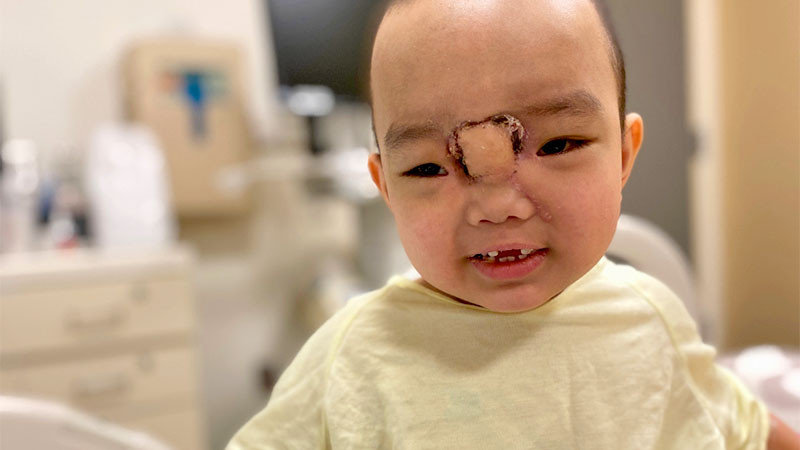In addition to treating children with HIV, Miller Children’s infectious disease physicians provide evaluation, diagnosis and treatment therapy for children with immunological disorders. Conditions treated include, lymphadenopathy, tuberculosis, meningitis, infectious issues in special hosts and bone and joint infections. This could also include infections involving the lung, skin/joint/bone, brain and heart. The Bickerstaff Center also has a therapy regiment for congenital infections and methicillin-resistant Staphylococcus aureus (MRSA).
Consultative Care & Case Management
The Bickerstaff Center provides consultative care for children and adolescents, regarding vaccination, post-surgical infections, antibiotic prophylaxis, fever of unknown origin and disease prevention treatment before and after travel — including international travel.
The Bickerstaff Center provides long-term follow-up care such as:
- Protective immunizations, especially in children who need an accelerated or customized immunization schedule
- Infectious disease screenings to provide counseling on infectious disease prevention
- Evaluation of patients with recurrent infections or fevers of unknown origin
- Management of antibiotic treatment failures
- Long-term condition management plan of immune deficiency diseases
Therapy of Immunological Disorders
Immunologic evaluations are completed for patients who are expected to have immunodeficiency.
The most common therapy for these patients is intravenous immune globulin (IVIG) therapy.
Intravenous Immune Globulin (IVIG)
Intravenous immune globulin (IVIG) is a plasma protein replacement therapy given intravenously in children with immune deficiencies, acquired compromised immunity conditions with low antibody levels, acute infections, inflammatory and autoimmune diseases. These children have decreased of abolished antibody production capabilities. The plasma protein contains the pooled IgG (immunoglobulin (antibody) G) extracted from the plasma of over 1,000 blood donors. IVIG therapy effects last between two weeks and three months.
This type of therapy is typically done in the Infusion Center.
Hospital Epidemiology Program
The Bickerstaff pediatric infectious disease physicians also act as consults for all of the hospitalized children at Miller Children’s who may have an infectious disease. The infectious disease physicians attend rounds and recommend a treatment regiment. Also, physicians participate in the surveillance, prevention and control of health care-associated infections and epidemiologic aspects of infection at Miller Children’s. The physician team meets monthly to discuss these issues, investigate outbreaks or epidemiology issues and determine the appropriate course of action.


